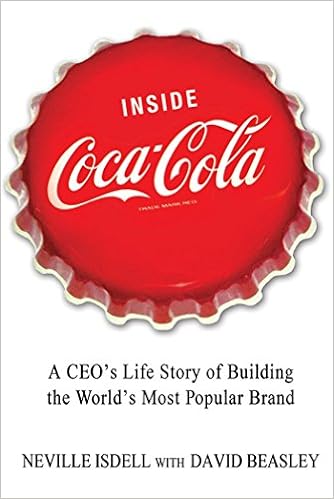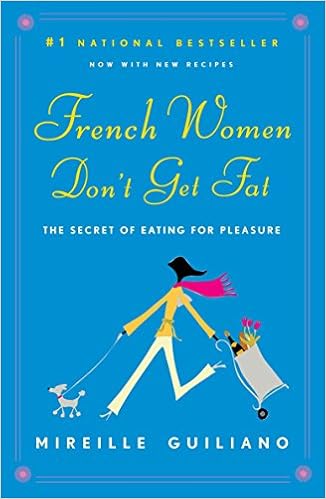
by Cygne Sauvage
If I were to present a review of Margaret Mitchell’s celebrated novel Gone with the Wind at the time I read it the narrative would be filled with exaltation of the author’s remarkable feat in essaying a young woman’s struggle and victory against the backdrop of American Civil War. I was a college freshman, then. My country was reeling under spikes of political unrests, threats of social revolution and economic downturn. Digital communication was beyond our imagination. We relayed messages overseas via snail mail; foreign news were at the inner pages of newspapers rarely broadcast on radio or television. A computer was the size of a classroom.
Romance novels offer good escape mechanism for a young student of science who happened to be an anti-social bookworm. Gone with the Wind swooped into fame with Scarlet O’Hara’s ponderous dalliance with Rhett Butler as the selling point, for why else the most famous quotes from the novel are whimsical utterances by the lead male protagonist — “Frankly, my dear, I don’t give a damn.” or “You should be kissed, by someone who knows how.”
As the persona of a perky, recalcitrant female heroine pervaded the psyche of this budding idealist raring as well to traverse the path to financial independence, the racial injustice reeking in every chapter of the novel was innocently glossed over. My exposure to US history was merely in one high school subject taught by a bookish naive mentor whose emphasis was on dates and personalities not on events. So slavery was a far concept, then, to elicit emotional strain. Further, Americans were regarded as liberators in my country for their role in the Second World War, hence they were always generally welcome in our society regardless of their skin color. Though anti-American sentiment was on the rise, the protestation was about imperialism.
Fast forward to the 82nd year since the novel’s publication, the growing rage against racial injustice accentuated by violent attacks on African-Americans, exposes the extensive forms of racism promulgated in every genre of the society.
The pubescent scholarly reader then, now a seasoned sophisticated graduate of schools of hard knocks revisits the novel whose heroine she has long idolized. This initiative is to a great extent moved by the pullout of its movie version from HBO Max’s roster. And yes, with more conscientious demeanor, the glaring truth becomes quite palpable. The book condones the inequity that has long permeated societies, made more blatant by the film. It promotes white supremacy as the natural course of social order and trivializes the profound racial issue by depicting as a normal societal norm the black people as servile, loyal vassals of the white elites.
Actually, the novel, despite the civil war as its contextual frame, does not carry a political tone. But that’s precisely its inadequacy and perhaps “sin.” It encompasses a sensitive issue in human relations for which it does not take a critical stand. But this can’t be expected from an author who grew up in Georgia, the state that enforced laws mandating the separation of blacks and whites in schools, trains and most public places.
In this novel the reverberations of “Black Lives Matter” are gone with the wind.






 I was barely out of my secondary school when I “visited” Nepal, a country I‘ve been briefly made aware of by my world history subject. The so-called sojourn was on my mind courtesy of the compelling book The Mountain is Young by Han Suyin. From China’s celebrated author’s work of fiction, I learned much about the culture, the people as well as the locale’ Kathmandu, the capital town and where the story unfolded. The novel carried me to the depths of the Himalayas and put me in a trance, swooning over the magical place as well as the main protagonist Unni Mennon, an engineer. Had it not been for Suyin’s prolific pen I would not have been able to reconnoitre the landscape of Chomolungma, the highest peak in the world which foreign intruders named as Mount Everest.
I was barely out of my secondary school when I “visited” Nepal, a country I‘ve been briefly made aware of by my world history subject. The so-called sojourn was on my mind courtesy of the compelling book The Mountain is Young by Han Suyin. From China’s celebrated author’s work of fiction, I learned much about the culture, the people as well as the locale’ Kathmandu, the capital town and where the story unfolded. The novel carried me to the depths of the Himalayas and put me in a trance, swooning over the magical place as well as the main protagonist Unni Mennon, an engineer. Had it not been for Suyin’s prolific pen I would not have been able to reconnoitre the landscape of Chomolungma, the highest peak in the world which foreign intruders named as Mount Everest.
You must be logged in to post a comment.